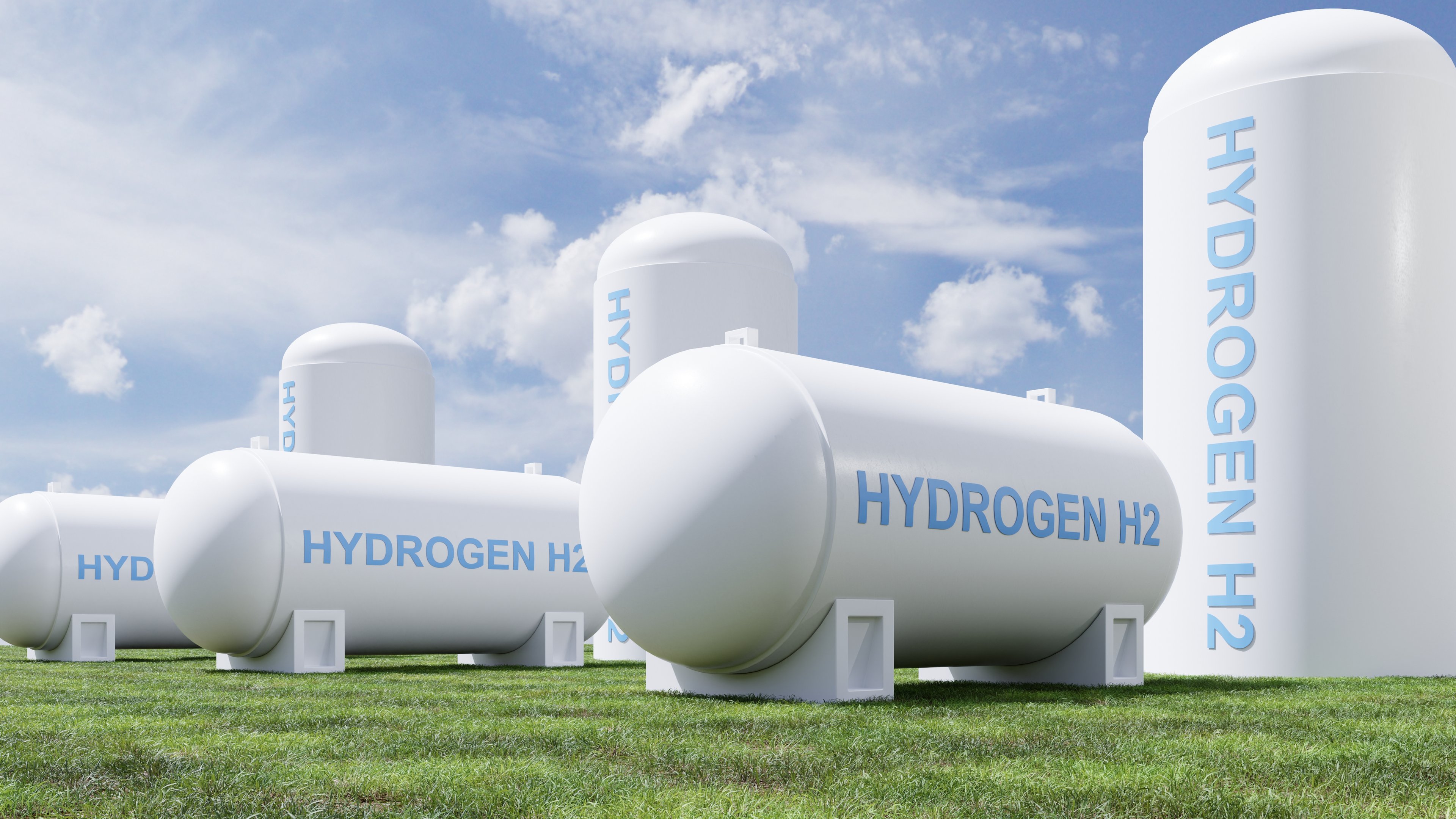Once-promising fuel cell technology has been wandering in the wilderness, proverbially speaking, for the last decade. Electric batteries have eclipsed fuel cells as the zero-carbon technology of choice for most vehicle manufacturers, leaving hydrogen to sputter along in niche markets like material handling and airport safety vehicles.
However, the industry has been getting more notice lately. New entrant Bloom Energy (BE 2.91%) has started using fuel cells not in vehicles, but in power generators. Meanwhile, longtime player Plug Power (PLUG 9.62%) has seen its shares skyrocket this year. Investors are likely intrigued, but are either of these companies actually worth an investment? Let's dig a little deeper to see which is the better buy.

Hydrogen fuel cell companies have not been top performers in the stock market. Image source: Getty Images.
Serial underachievement
Plug Power, which has been around for more than 20 years, doesn't have much to show for all the time and effort it's put into hydrogen-powered fuel cell technology. True, its revenue has been on an upward trajectory for the last five years, but that hasn't translated to profitability. Even if you look at earnings before interest, taxes, depreciation, and amortization (EBITDA), the company has only posted two EBITDA-positive quarters since the year 2000.
Plug Power has been trying to expand beyond its primary niche market of forklifts and other material-handling vehicles. While it's had some success -- for example, landing a high-profile collaboration with German company StreetScooter to provide 100 fuel cell-powered delivery vehicles to German giant Deutsche Post DHL -- widespread adoption of fuel cell vehicles seems just as elusive as ever. Meanwhile, the company continues to take on debt and dilute shares. This is not a winning combination.
CEO Andy Marsh has boldly predicted that Plug Power will post "continuously" positive EBITDAS (EBITDA before stock-based compensation is factored in) starting in Q3 2019. However, Marsh has a history of making strong financial predictions for the company that then fail to materialize. In this case, though, the market has gotten more bullish on Plug Power, and the company's shares have more than doubled year to date. Of course, that could mean that they're overvalued, because the stock's price-to-sales ratio -- the only usable valuation metric for a company posting negative EBITDA -- has also nearly doubled so far in 2019.
All of this should give potential investors serious reservations about buying into this company.
Serious allegations
While Plug Power has been unprofitable for more than a decade, Bloom Energy is a relative newcomer to the space, having made its public debut in 2018. However, it's been a rocky road for the company: Not only has it also been unprofitable and cash flow negative, but shares have lost fully 77% of their value since the IPO.
One big share-price drop happened very recently. On Sept. 17, independent researcher Hindenburg Research -- an ironic title, given the industry we're discussing -- put out a lengthy report detailing alleged problems with Bloom Energy's finances, operations, and past statements. On Sept. 18, Bloom responded in a press release, and on the 19th, Hindenburg issued a response to the response, written in rather a saucy tone.
While Hindenburg and Bloom disagree on many facts, one item of significance appears to be undisputed: For the most part, Bloom isn't currently providing "clean" energy. While the fuel cells in Bloom's generators can be powered by clean fuels like hydrogen or biogas (gas created from biomass), almost all of the installed Bloom Energy Servers (more than 90%, as of July 2018) are actually fueled with plain old natural gas, which creates emissions like any other fossil fuel, and also requires the company to collect and dispose of impurities like sulfur and benzene that build up over time.
This is partly why some states, including California and New York, are ending their subsidies for natural gas-powered fuel cells, which will almost certainly increase the cost of Bloom's units for customers in those states. Likewise, switching over to biogas to nab the subsidies would also be more expensive for Bloom's prospective clients. This raises questions as to whether Bloom's units will ever be able to compete with a true clean energy source like solar or wind.
And the winner is...
...you, if you're not investing in fuel cells right now. Both of these companies -- and, indeed, the fuel cell industry in general -- are facing serious threats, including high debt levels, competition from other clean fuel technologies, and a distinct lack of profitability.
However, given that Plug Power seems to be showing signs of success in its niche market and has made steps toward (maybe? possibly?) being profitable, Plug is currently the better buy of the two. But most investors will find even this "better buy" simply too risky a business to put their money in. There are much more attractive choices in the world of energy stocks.







